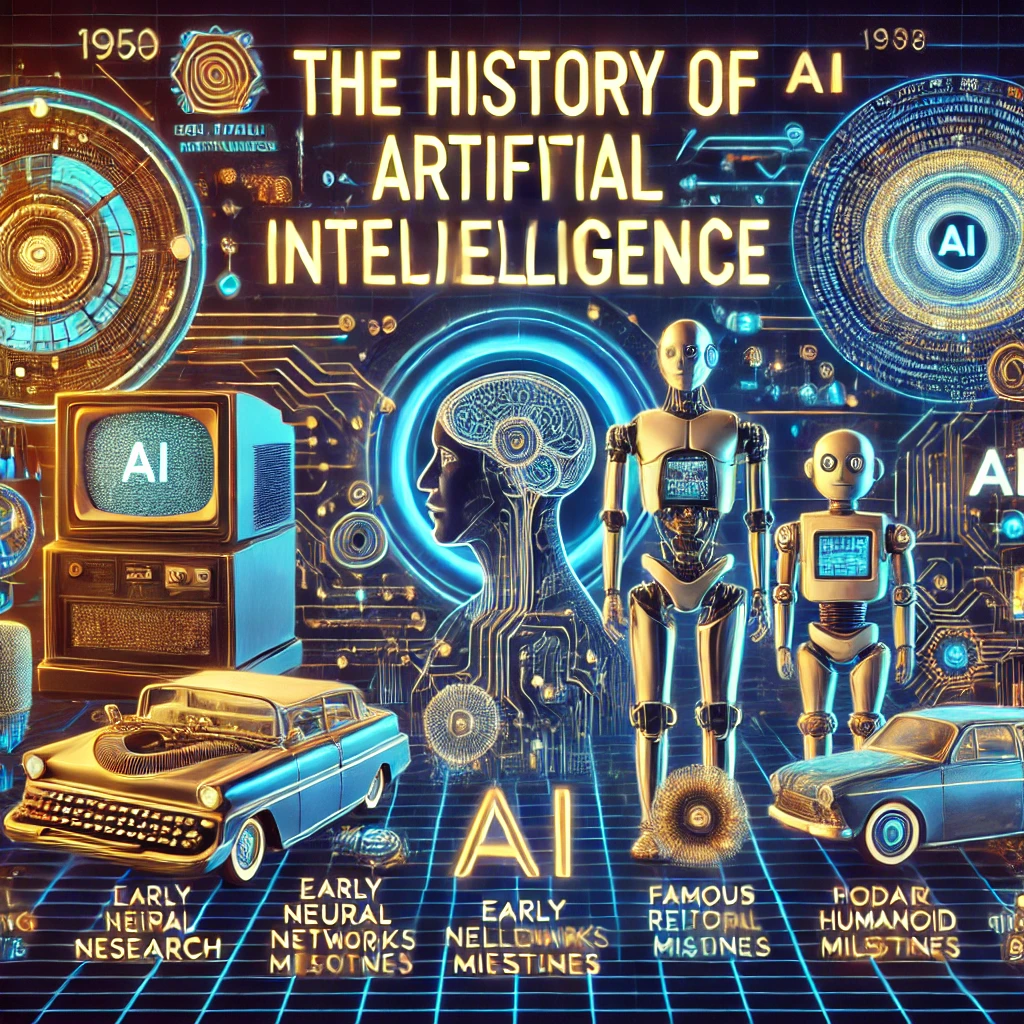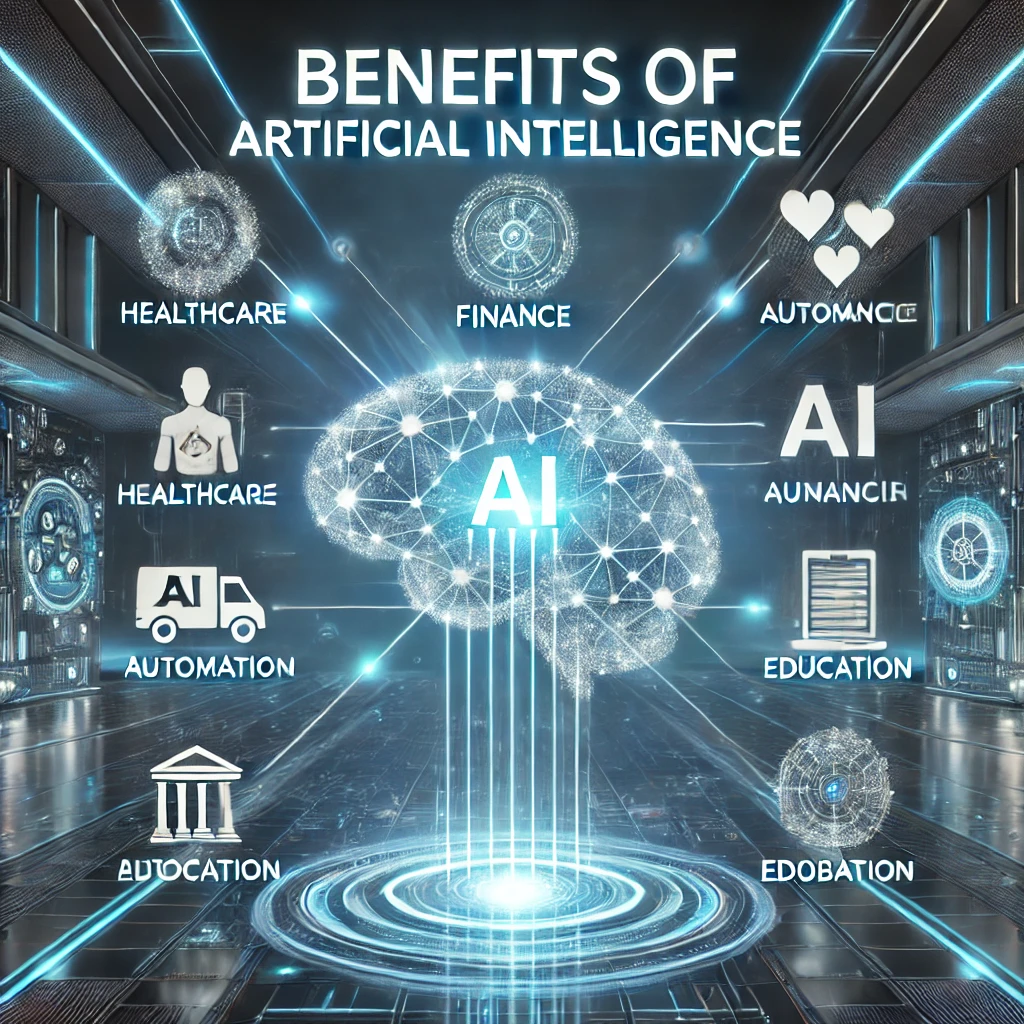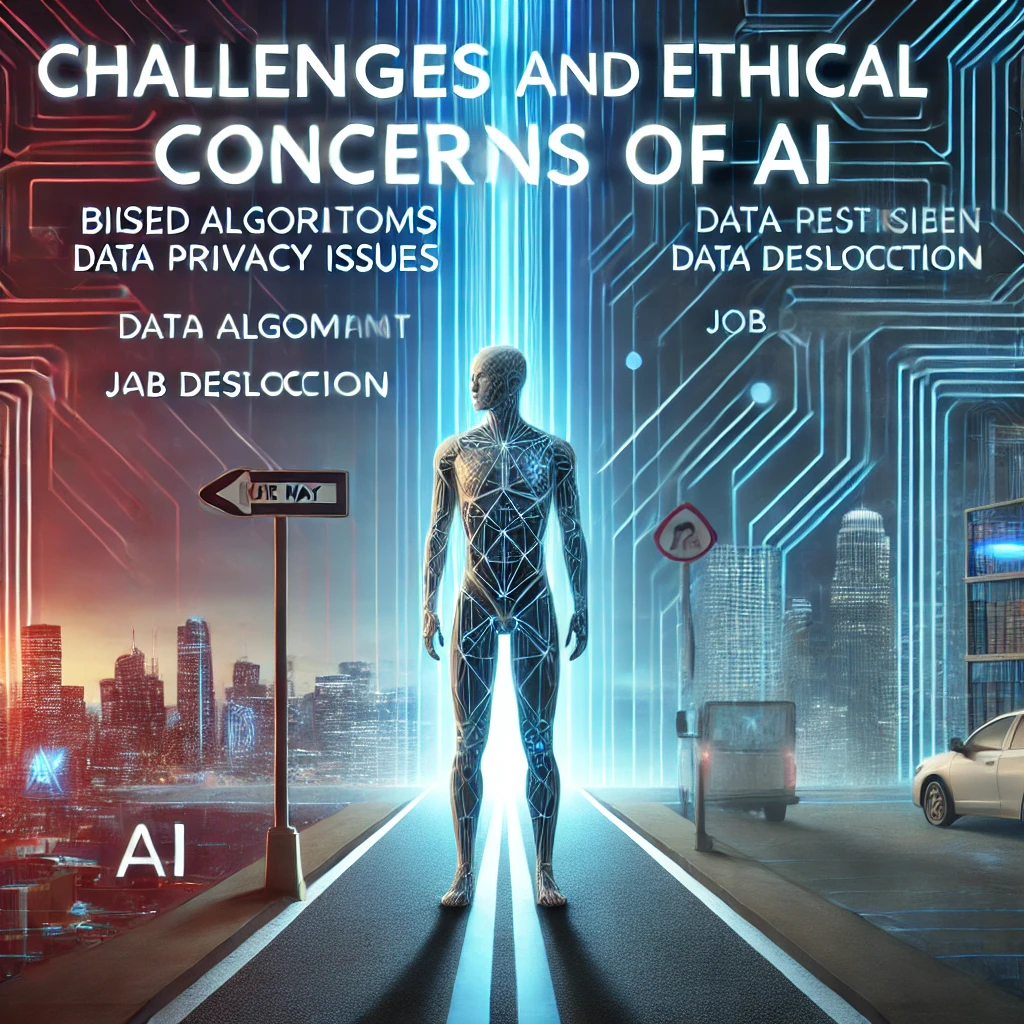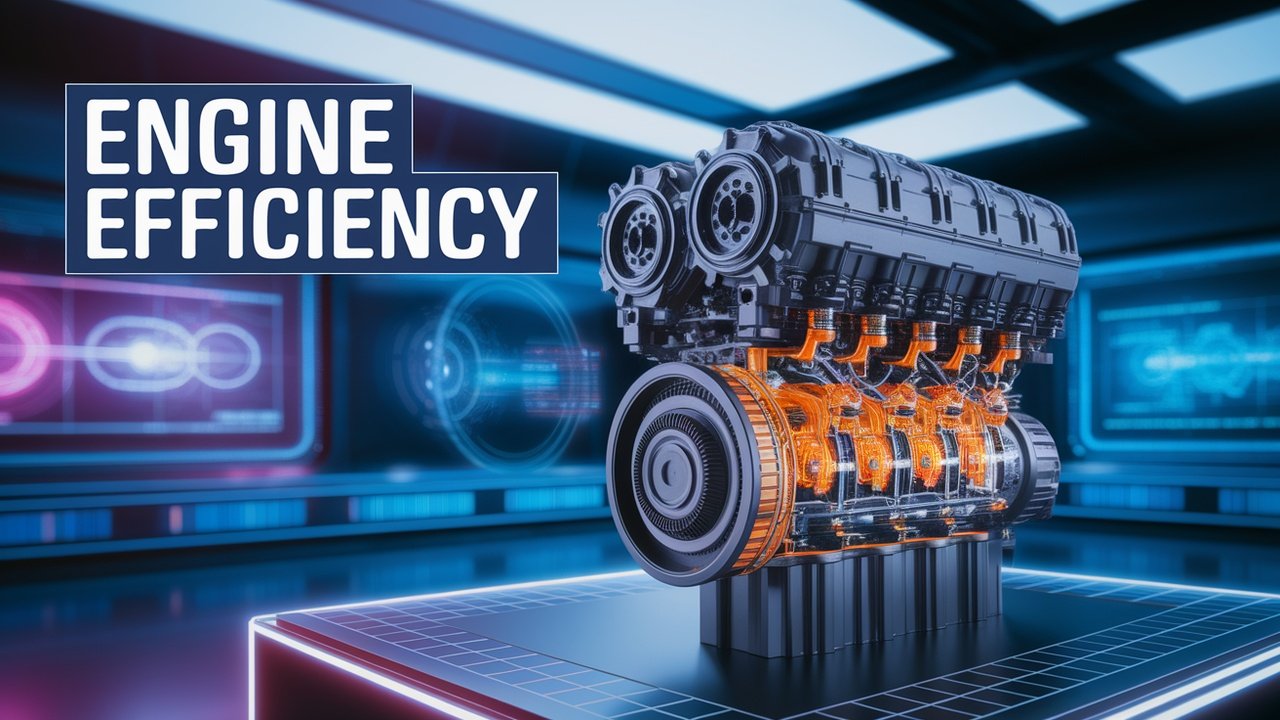Artificial Intelligence of 2025: The Evolution and Impact of Artificial Intelligence

Introduction
Artificial Intelligence (AI) is one of the most transformative technologies of the 21st century. It has revolutionized various industries, from healthcare and finance to entertainment and transportation.
AI is a branch of computer science that focuses on creating intelligent machines capable of performing tasks that typically require human intelligence, such as learning, problem-solving, and decision-making. This article explores the history, applications, benefits, and challenges of AI, as well as its future potential.
The History of Artificial Intelligence

The concept of artificial intelligence dates back to ancient times when philosophers and mathematicians theorized about mechanical reasoning. However, AI as a scientific discipline began in the mid-20th century.
- The Birth of AI (1950s-1960s): The term “artificial intelligence” was coined in 1956 at the Dartmouth Conference, where researchers discussed the potential of machines to simulate human intelligence. During this period, early AI programs focused on solving algebraic problems and playing simple games like chess.
- The AI Winters (1970s-1980s): Due to technological limitations and overhyped expectations, AI research faced funding cuts, leading to what is known as “AI winters.” Progress slowed, and enthusiasm waned as early systems failed to deliver practical applications.
- Revival and Machine Learning (1990s-2000s): The advent of more powerful computers and data-driven approaches led to a resurgence in AI. Researchers developed machine learning techniques, enabling computers to improve their performance over time without explicit programming.
- Deep Learning and Modern AI (2010s-Present): The introduction of deep learning, powered by neural networks, has propelled AI to new heights. Breakthroughs in natural language processing (NLP), image recognition, and automation have made AI an integral part of daily life.
Applications of Artificial Intelligence

AI is utilized across various domains, making life more efficient and businesses more productive. Some key applications include:
- Healthcare: AI-powered diagnostic tools help detect diseases like cancer and COVID-19 early. AI-driven robots assist in surgeries, while chatbots provide medical advice to patients.
- Finance: AI is used in fraud detection, algorithmic trading, and customer service automation. Banks leverage AI to assess credit risk and personalize financial recommendations.
- Entertainment: Streaming services like Netflix and Spotify use AI algorithms to recommend movies and music based on user preferences. AI-generated content, such as deepfake videos, is also becoming more sophisticated.
- Education: AI-driven personalized learning platforms adapt to students’ learning styles, enhancing the educational experience. AI tutors provide real-time assistance to learners worldwide.
- Transportation: Self-driving cars, powered by AI, are being developed to reduce human error and traffic accidents. AI is also used in traffic management systems to optimize routes and minimize congestion.
- Retail and E-commerce: AI enhances customer experience through chatbots, personalized recommendations, and demand forecasting, improving inventory management.
- Manufacturing: AI-driven robots streamline production lines, improving efficiency and reducing human labor costs. Predictive maintenance systems use AI to identify potential equipment failures before they occur.
Benefits of Artificial Intelligence

AI offers numerous advantages that improve various aspects of life and business operations. Some of its benefits include:
- Increased Efficiency: AI automates repetitive tasks, allowing humans to focus on complex and creative work. This leads to higher productivity and cost savings.
- Enhanced Decision-Making: AI can analyze vast amounts of data quickly, providing insights that support better decision-making.
- Improved Accuracy: AI-driven systems reduce human error in fields like healthcare, finance, and manufacturing.
- Personalization: AI tailors recommendations and services to individual preferences, enhancing user experiences.
- Safety and Risk Reduction: AI-powered robots and automation reduce the need for human intervention in hazardous environments, such as mining and disaster response.
Challenges and Ethical Concerns of AI

Despite its benefits, AI also poses several challenges and ethical concerns that must be addressed:
- Job Displacement: Automation driven by AI threatens traditional jobs, leading to concerns about unemployment and economic inequality.
- Bias and Fairness: AI systems can inherit biases from training data, leading to unfair treatment in areas such as hiring, lending, and law enforcement.
- Privacy Issues: AI-powered surveillance and data collection raise concerns about privacy violations and misuse of personal information.
- Security Risks: AI can be exploited for cyberattacks, deepfake technology, and misinformation campaigns.
- Lack of Accountability: When AI systems make mistakes, it can be difficult to determine responsibility, leading to legal and ethical dilemmas.
The Future of Artificial Intelligence
AI continues to evolve rapidly, with exciting developments on the horizon. Some potential future trends include:
- General AI: While current AI systems are narrow and task-specific, researchers aim to develop general AI, which can perform any intellectual task a human can.
- Human-AI Collaboration: AI will increasingly complement human skills rather than replace them, leading to more effective teamwork in various industries.
- Ethical AI Development: Efforts are being made to create transparent, fair, and unbiased AI systems that align with ethical guidelines.
- AI in Space Exploration: AI is being utilized in space missions to analyze planetary data, navigate rovers, and even assist in astronaut training.
- Breakthroughs in Healthcare: AI-driven drug discovery, personalized medicine, and robotic surgeries will continue to improve healthcare outcomes.
Conclusion
Artificial Intelligence is a game-changing technology with the potential to reshape industries, enhance human capabilities, and drive innovation. While AI presents challenges and ethical concerns, responsible development and regulation can ensure its benefits outweigh the risks.
As AI continues to advance, its integration into society will open new possibilities, making life more convenient, efficient, and intelligent.





